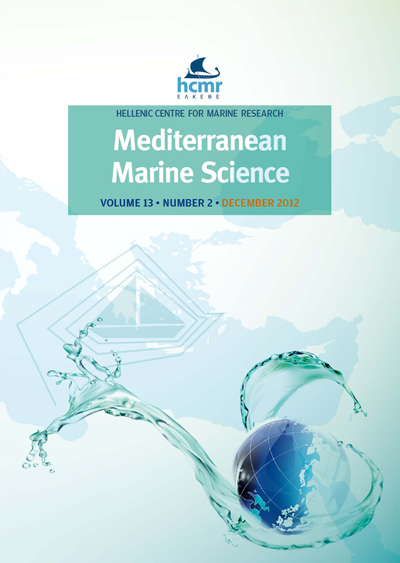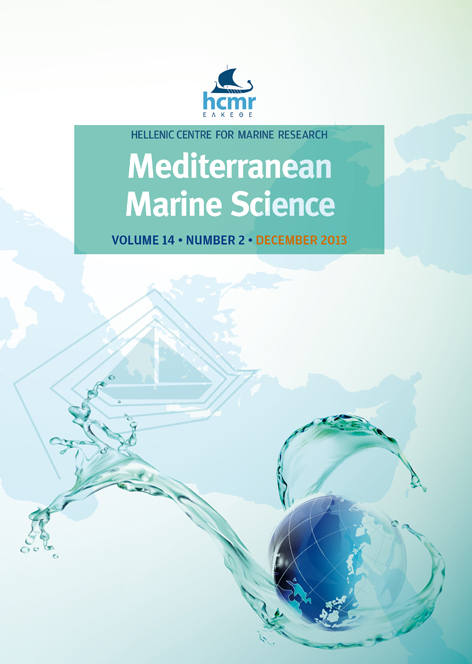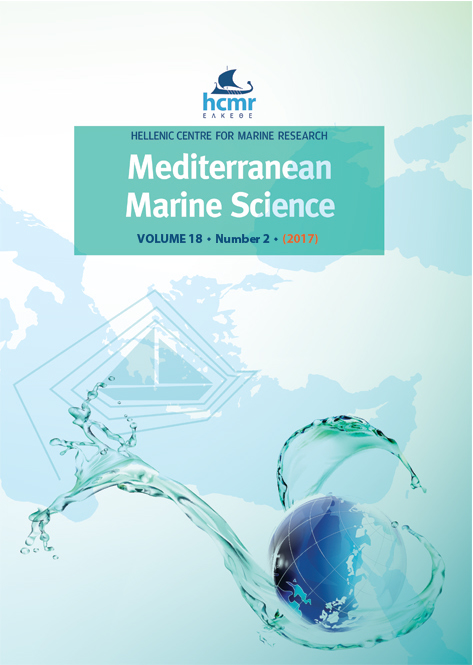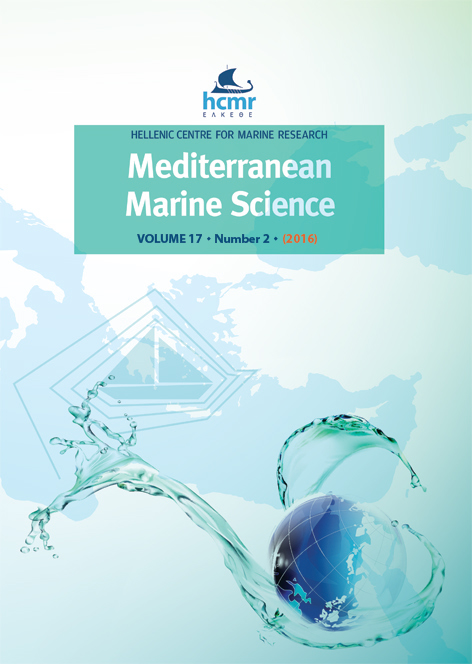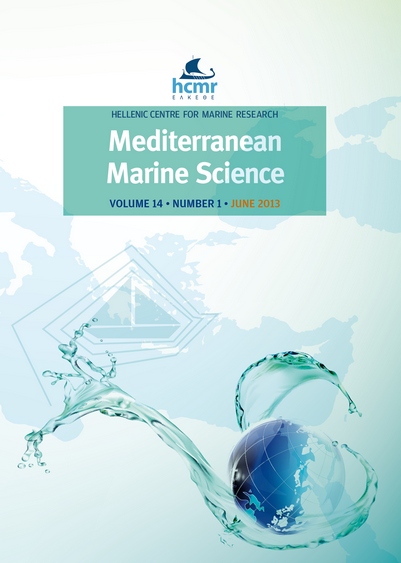Illegal immigration in the eastern Aegean Sea: a new source of marine litter
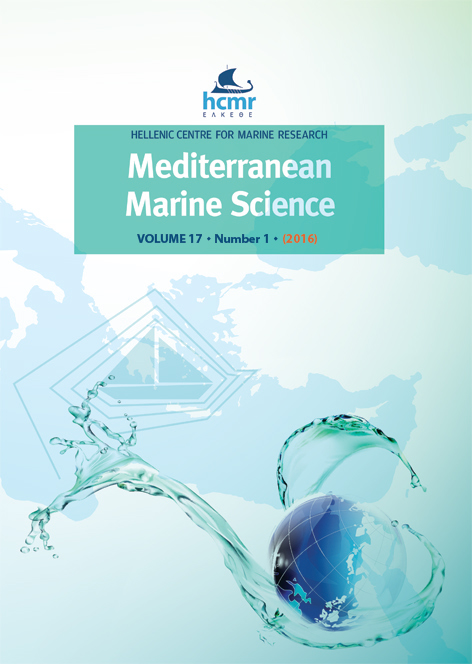
Résumé
The maritime area dominates the current increasing wave of illegal immigration to Europe. The Greek islands of the eastern Aegean Sea are the main entrance points of immigrants arriving from the coasts of Turkey. Immigration to the Greek islands is mainly conducted with inflatable boats, which are abandoned upon arrival along the coasts together with other items such as life-jackets, inflatable tubes, and clothing. This novel type of marine litter dominates many beaches and becomes increasingly abundant. Two beaches in Lesvos Island were surveyed for marine litter, and immigration-related items were found to account for more than 97% of marine litter by weight. Immigration-related littering adds pressure on marine biodiversity and the local economy, impacting the recreational value of beaches.
Article Details
- Comment citer
-
KATSANEVAKIS, S. (2015). Illegal immigration in the eastern Aegean Sea: a new source of marine litter. Mediterranean Marine Science, 16(3), 605–608. https://doi.org/10.12681/mms.1463
- Numéro
- Vol. 16 No 3 (2015)
- Rubrique
- Short Communication
Authors who publish with this journal agree to the following terms:
- Authors retain copyright and grant the journal right of first publication with the work simultaneously licensed under a Creative Commons Attribution Non-Commercial License that allows others to share the work with an acknowledgement of the work's authorship and initial publication in this journal.
- Authors are able to enter into separate, additional contractual arrangements for the non-exclusive distribution of the journal's published version of the work (e.g. post it to an institutional repository or publish it in a book), with an acknowledgement of its initial publication in this journal.
- Authors are permitted and encouraged to post their work online (preferably in institutional repositories or on their website) prior to and during the submission process, as it can lead to productive exchanges, as well as earlier and greater citation of published work (See The Effect of Open Access).





